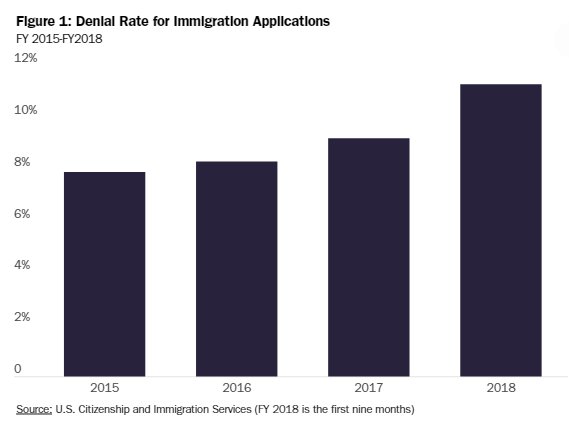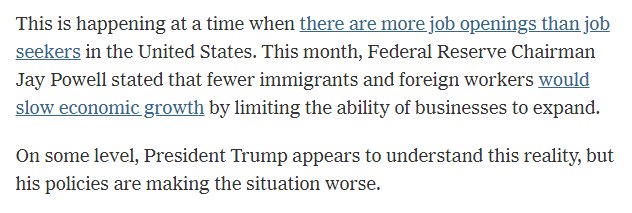Wonderfully refreshing
Lusk speaking about "the danger of Christians claiming privilege within the state and the persecution of Christians which that led to...
If you have a political system which gives privilege to Christians then that system have to define what a Christian is"
A Christian who doesn't think the church should have a privileged voice in the public square? Isn't that like a turkey voting for Christmas? Listen to the new episode of our podcast #GunsandGod, with @HelenEPaynter & @matthew_feldman with guest Paul Lusk.https://t.co/O3t2C41gsM
— Centre for the Study of Bible & Violence (@CSBibleViolence) December 7, 2020
"He had voted to endorse same sex marriage but then his personal view as a Christian ... he didn't endorse it the same way. Is that the kind of thing that you're getting at?"
SAME.
Now talking about the parable of the trees. Exciting stuff.
Sidenote: This is something I've spent some time on too.
https://t.co/1XJQX6cXwr
Context: God gave permission for the people to have a king. And I interpret that as meaning they could have a state.
They went first to Gideon. He said no, God will rule over you.
So they set up a worship point in his home town.
Idolatry.
A grim story about violence in politics, as Abimelech rounds up all his rivals to be killed.
One survives: Jothan, who tells the parable of the trees.
At that point, Jotham says, if you have in truth to Gideon made Abimelech ruler, good luck to you. If not, be careful because you will get burnt up.
Israel turns into a failed state.
"I wonder if it's possible to have a secular state that doesn't draw upon metaphysical notions of the good or use certain religious tropes."
My comment: As a scholar of religious language, I don't believe this is possible, so I'm interested in the argument here.
Sidenote: again, strongly recommend literature on 2 Kingdoms (e.g., Luther), which speaks to this.
Racism, sexism tied in to the religious right.
Trump is seen as a strong man who will deliver. Character is irrelevant.
Thanks to @HelenEPaynter and @matthew_feldman and their guest Paul Lusk for such a stimulating episode.
I highly recommend this series.
More from Politics
My piece in the NY Times today: "the Trump administration is denying applications submitted to the United States Citizenship and Immigration Services at a rate 37 percent higher than the Obama administration did in 2016."
Based on this analysis: "Denials for immigration benefits—travel documents, work permits, green cards, worker petitions, etc.—increased 37 percent since FY 2016. On an absolute basis, FY 2018 will see more than about 155,000 more denials than FY 2016." https://t.co/Bl0naOO0sh

"This increase in denials cannot be credited to an overall rise in applications. In fact, the total number of applications so far this year is 2 percent lower than in 2016. It could be that the higher denial rate is also discouraging some people from applying at all.."
Thanks to @gsiskind for his insightful comments. The increase in denials, he said, is “significant enough to make one think that Congress must have passed legislation changing the requirements. But we know they have not.”
My conclusion:

Based on this analysis: "Denials for immigration benefits—travel documents, work permits, green cards, worker petitions, etc.—increased 37 percent since FY 2016. On an absolute basis, FY 2018 will see more than about 155,000 more denials than FY 2016." https://t.co/Bl0naOO0sh

"This increase in denials cannot be credited to an overall rise in applications. In fact, the total number of applications so far this year is 2 percent lower than in 2016. It could be that the higher denial rate is also discouraging some people from applying at all.."
Thanks to @gsiskind for his insightful comments. The increase in denials, he said, is “significant enough to make one think that Congress must have passed legislation changing the requirements. But we know they have not.”
My conclusion:














